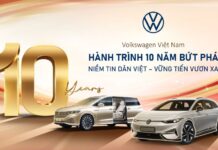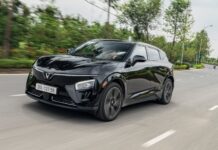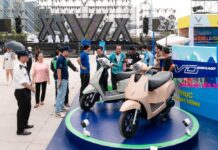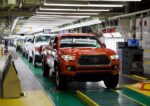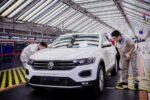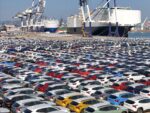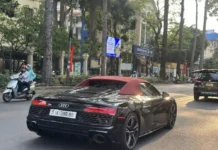
|
Hyundai and Kia are under immense pressure as the US imposes higher tariffs on imported vehicles. In its Q2 financial report, Hyundai reported a nearly 16% drop in operating profit, falling from 4.3 trillion Won (3.13 billion USD) last year to 3.6 trillion Won (2.6 billion USD). Net profit decreased by 22.1% to 3.3 trillion Won (2.4 billion USD). However, global revenue rose 7.3% to 48.3 trillion Won (35.2 billion USD).
“The pressure from incentive programs and the global trading environment has impacted operating profit,” said a representative of the South Korean automaker.
The US and South Korea were initially expected to meet on Friday to discuss a new trade agreement. However, Washington unexpectedly canceled the meeting. If an agreement is not reached before August 1, cars from South Korea entering the US will be subject to tariffs that could increase to 50% or higher, up from the current 25%.
According to Hyundai, the current tariffs have already cost the company about 828 billion Won (603.3 million USD). Meanwhile, countries like the UK, China, and Japan have secured special deals, with tariffs ranging from just 10% to 15%.
| |
|
The Hyundai Ioniq 5 is one of the few models unaffected by import tariffs. Photo: KD Design. |
Currently, over 50% of Hyundai and Kia vehicles sold in the US are manufactured in South Korea. These models will be significantly impacted if the tariffs double. The companies have not increased prices in the US market yet, but this move may be inevitable in the near future.
Some models, such as the Tucson, Santa Fe, Santa Cruz, Ioniq 5, and Ioniq 9 from Hyundai, along with the EV9, K5, Sorento, Telluride, and Sportage from Kia, are currently assembled in the US and are temporarily unaffected.
However, during a shareholder meeting, Hyundai warned that the second half of the year could see even more negative impacts. Automobile exports are a key industry for South Korea, reaching 34.7 billion USD last year, triple the amount of the semiconductor industry. If a trade agreement is not reached, Hyundai and Kia will face a significant disadvantage compared to their Japanese competitors.
Recommended Reads for Your Drive
Our Automotive section offers a diverse range of book suggestions to engage and entertain you during your journeys. Whether you’re looking for thrilling narratives or insightful non-fiction, these titles promise to be the perfect companions for your travels.

